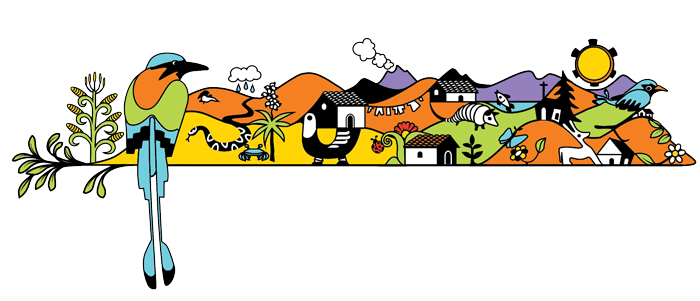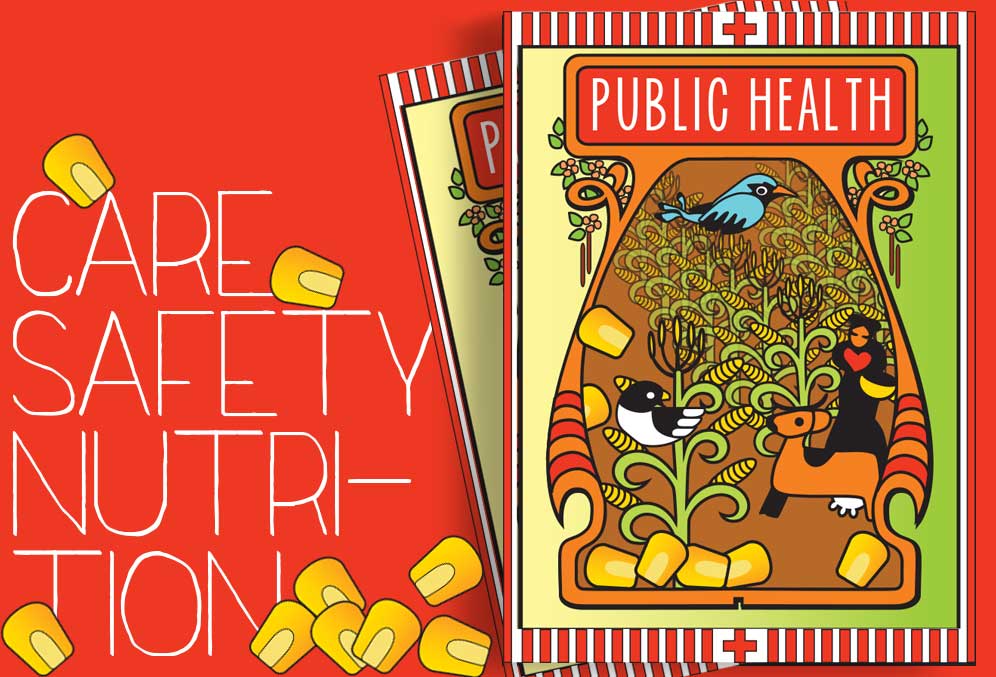CoCoDA, in collaboration with our partners, seeks to supplement and support the dedicated healthcare workers of Central America.
- Our healthcare initiatives are done in conjunction and cooperation with Central American healthcare providers, seeking to increase their long term capacity instead of offering intermittent interventions.
- We support medical brigades only when they offer skills and services unavailable within the present healthcare system.
- We believe North American healthcare providers have much to learn from as well as teach to Central American healthcare providers.
- We build relationships between North American and Central American healthcare providers.
- We seek governmental approval for all our healthcare initiatives.
Through ongoing work by CoCoDA, partnering with other local non-governmental organizations (NGOs), the Indiana University Department of Family Medicine and the local government, we seek to build a sustainable and vibrant healthcare system in Central America.
A Different Kind of Partnering In Public Health
For eight years, CoCoDA and the IU School of Medicine, Department of Family Medicine (IUSM-DFM) have had a growing partnership in Central America. These programs have sent 20-30 students and faculty to Central America each year. This spring, the IUPUI School of Public Health joined in this partnership.
These programs differ from many international public health initiatives. The faculty and students do not come as patronizing experts, bestowing their gifts on poor Salvadorans. Instead, they come as learners and collaborators, understanding they receive far more than they give. Built on this mutuality, students are challenged to approach cross cultural interactions humbly.
In June, IUSM-DFM sends first year medical students to Suchitoto for cultural immersion and Spanish language training. The students spend their mornings in a small local hospital as well as two clinics. They accompany Salvadoran physicians, observing and honing their Spanish skills. In addition, they visit homes with public health workers to monitor mosquito control, public health and – sometimes – to make balloon animals.
In February and April, fourth year medical students visit Suchitoto. These students, capable of more skilled procedures, work beside Salvadoran physicians to interview, diagnose and treat Salvadoran patients.
In this capacity, North American medical students learn much about treating underserved populations and navigating cultural differences. These experiences better prepare them to work with a diverse US population.
In 2019, we initiated a Global Medical exchange which allows Salvadoran physicians to spend a week the Indiana University School of Medicine.




